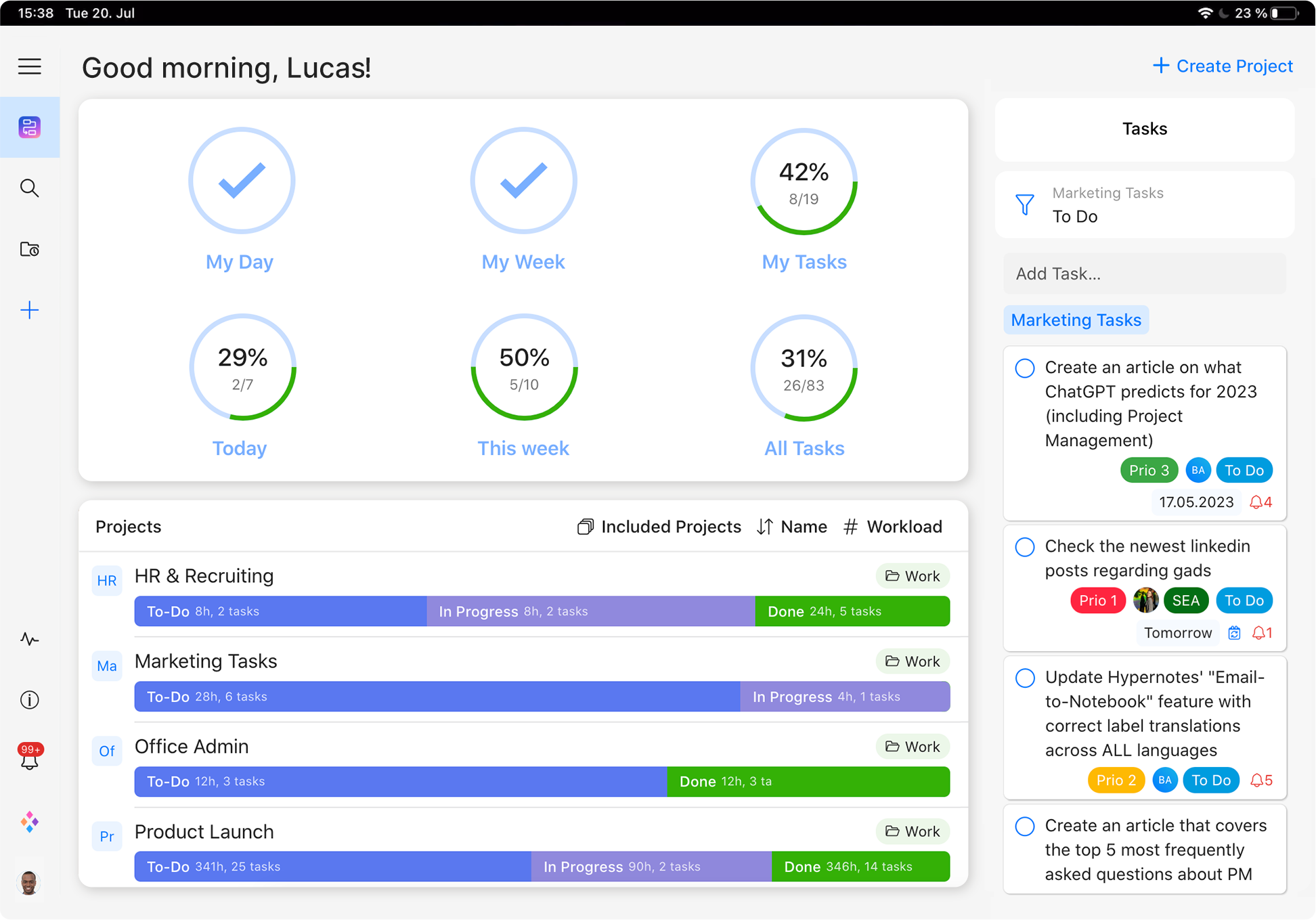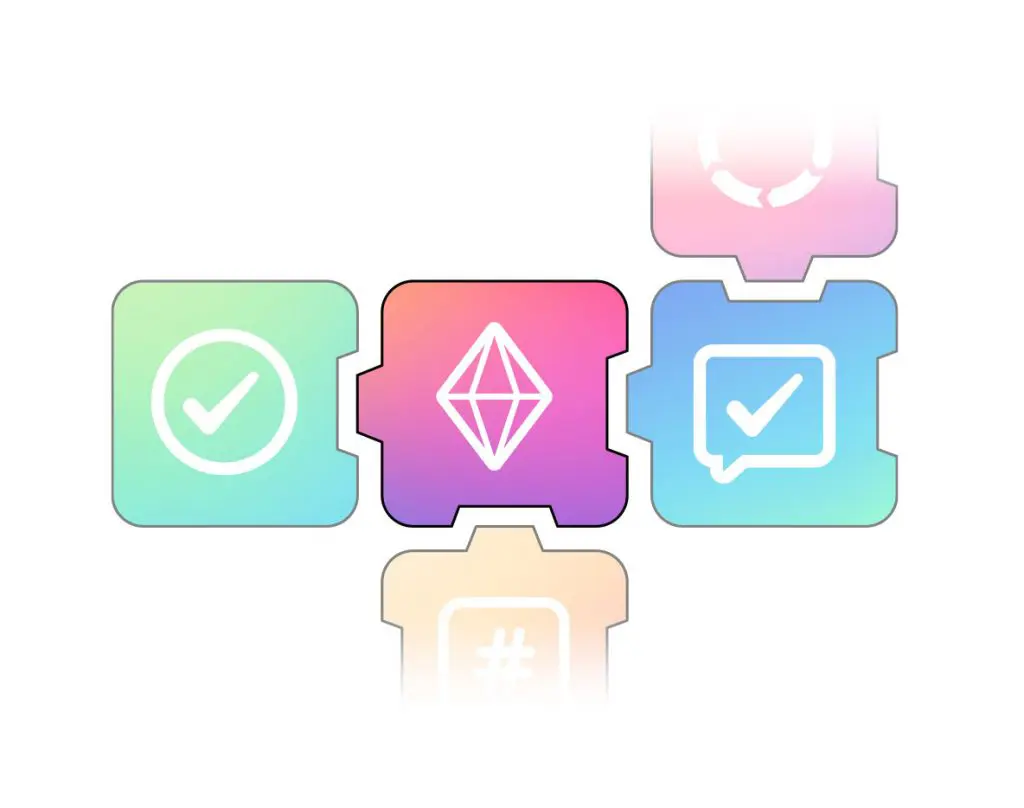
At University, students encounter a combination of educational and social elements. Finding a good balance to a heavy workload and experiencing the student culture requires planning and organization.
With the number of things University students have to think about such as adjusting to campus life, organizing class schedules, keeping track of submission deadlines, and spending time with friends or club members on the weekend, it’s good practice to develop a system.

Best Practice Tips on How to Stay Organized at University
https://giphy.com/gifs/OneDayAtATime-poptv-pop-tv-odaat-mPxtCNTbEsTuZecKLN
Keep a study diary
Don’t let the word “diary’” deter you. Having a study diary or journal is simply a dedicated notebook for collecting important information. Use it to jot down everything and anything important such as submission deadlines, classroom numbers, or even the contact information of your professors.
The main purpose of a study diary is to store the necessary information to help keep you organized. Paperless alternatives include using note apps or saving a Word document on your laptop. Regardless of the type of tool you use, keeping a study diary is one of the easiest ways to stay organized.
Have a filing system
In most cases, students receive tons of paperwork from welcome packs at orientation week, course outlines for each class, to individual handouts for group projects. Rather than throwing all of the paperwork into your backpack, keep your handouts organized by having a filing system.
Store your coursework by category in folders or use dividers in binders to keep your lecture notes from your chemistry and history class separate. Colour-coded folders for each class make it easier to look up information when panic-writing an essay or when it comes to revising for upcoming exams. In doing so, your paperwork is organized, even categorized, and you haven’t turned your backpack into a trash can.
Organizing your electronic data is just as important as keeping your paperwork categorized. Create separate folders on your laptop to store drafts of your essays, all the course powerpoints, and other documents like the monthly lunch menu.
Develop a routine
Being organized isn’t just about organizing your personal belongings, but also about self-discipline and being consistent. To encourage yourself to stay organized, developing a routine is a good start. By following a routine or habits that enable you to establish a productive workflow, hard decisions will become easier.
When developing a routine, it’s important to determine what your goals are. Knowing why you incorporated a morning run into your daily routine or reminding yourself of the impact that studying in the library has on your grades, help encourage you to maintain your routine.
In short, develop a personalized routine that suits your requirements, supports your workflow, and motivates you to stay consistent.
Write to-do lists (and stick to them!)
A classic and simple, yet extremely effective technique to staying organized is to write to-do lists. This is because to-do lists include various benefits.
For example, to-do lists serve as reminders. With a glance, your to-do list gives you an overview of the things you need to do and can even indicate the importance of each task.
Writing down tasks requires focus and perception to analyze the importance of specific tasks as well as the time required for task completion. Using sticky notes or small notepads help you condense your to-dos to the most important tasks.
Tip: List tasks in order of priority so you can do things in a logical order. You can use the Eisenhower Matrix to help you categorize your tasks. Another option is to order your tasks by complexity. You can then methodically tick off the hardest or simplest tasks first.
https://giphy.com/gifs/thelionguard-done-finished-to-do-list-26tPpStnC0XthM19u
Lastly, crossing off an item on your to-do list brings a sense of satisfaction, which, in most cases, can boost your motivation. When planning project deadlines, you can use to-do lists to break down your project to-dos into subtasks. Tracking your progress not only keeps you organized, but can also alleviate your workload, and even eliminate stress when the end of the semester is around the corner.
Time management
Time management is a key skill to develop as a student. Organizing your coursework materials takes care of half the problem – the other half being the part where you have to learn all of the material.
There are a few simple study hacks to help make studying more efficient. Knowing what type of learner you are is a good start. Perhaps you learn best independently or work better when you’re part of a study group. Either way, determining the conditions and requirements that suit your learning style best help you in the long run.
Next, choose a location that encourages you to hit the books. Your dedicated study location could be the library, your desk at home, or maybe you enjoy studying at a café. Regardless of the location, make sure to get rid of any distractions before diving into deep work. This helps keep you focused and enables you to work efficiently.

Discover the ultimate time management tool.
Sign up for free today!
Time blocking
An effective time management technique suitable for getting any task done is time blocking. By allocating or blocking time to do specific tasks, you ultimately determine when what gets done.
Choosing what to do with your time requires organization and discipline. Time blocking is a good tactic to help minimize, if not, eliminate distractions, and work efficiently.
The main reason why you should be time blocking and not just writing to-do lists is to improve your focus. For example, scheduling study times and study breaks help you concentrate on the task at hand. And we all know that focus is the key to unlocking your productivity.
Finish your brussel sprouts before dessert
Procrastinating unwanted tasks is human. Sadly, more often than not, these unwanted and complex tasks are important jobs to be done.
Many prefer to skip straight to dessert by accomplishing the simple tasks first. And although eating cake before your greens seems more enjoyable, you’re then left with nothing to look forward to.
Likewise, tackling the homework for your most difficult classes first is the fastest way. Having followed the eat that frog principle, accomplishing any other tasks proves more enjoyable.
Work hard and play hard
Finding the right balance between studying and participating in club activities is essential to staying organized at University. Taking the weekend to relax and take care of non-academic, “adult-life” stuff like grocery shopping is important too.
Get enough sleep
Getting enough shut-eye isn’t just about beauty sleep. When you get enough sleep, your body is energized. When you feel refreshed, you feel ready to tackle even the hardest and longest days.
Realistically, your sleep pattern may go through phases while at University. And while several late-night weekends or all-nighters might be doable, in the long run, your body needs to recharge. Therefore, do yourself a favour by taking care of your health by getting enough sleep.
How does Zenkit help you stay organized at University?

The Zenkit Suite is a productivity and collaboration suite for personal and business purposes. Each product in the Zenkit Suite can be used independently, but the real magic lies within the powerful centralized management. Connect the apps with another for seamless synchronization of your information, tasks, and to-do lists. With flexible features, you can choose how to utilize the apps to support your personalized workflow.
Zenkit Base
Your all-in-one collaboration tool is Zenkit Base. Use it for anything and everything: track submission deadlines, manage project subtasks, create an information database, thesis writing management, and more.
Quick overview of the top features:
- Work with customizable workspaces using labels, bulk actions, and advanced filtering features.
- View switching for the best project tracking experience, whether you prefer Kanban or Gantt.
- Multiple variations for activity tracking to stay on top of deadlines with calendar synchronization, to-do lists, and multi-level subtasks.
- Collaboration features for team tasks, file sharing and editing, even when on-to-go with offline access.
Zenkit To Do
Those tired of carrying around notebooks and looking for a digital alternative to sticky notes can give Zenkit To Do a try. Manage your daily to-dos like grocery shopping, packing for a weekend trip, and particular project to-dos for class with this easy-to-use task manager.
Quick overview of the top features:
- Set due dates and reminders to help you stick to deadlines.
- Enable push notifications and iCal synchronization to keep organized.
- Share your lists with your course mates to discuss, assign, and accomplish group project tasks.
- Let the feature smart lists do its thing, helping you categorize your to-dos by due dates, importance, or assignee.
- Add files via the quick add feature directly in the app or send yourself tasks from your inbox.
Hypernotes
Hypernotes is a smart note-taking app perfect for storing all of your notes, thoughts, and information. Use it for writing wikis, research paper writing, link collection, and any information or writing-related tasks.
Quick overview of the top features:
- Write the way you want to for what you need. Hypernotes supports rich text, HTML, markdown for code, latex for formulas, and enables annotation and a drawing to writing function.
- Visualize your knowledge via semantic graph and the visual writing features.
- Organize your information through outlining and bi-directional linking.
- Collaborate with others over presentation outlines and documentation through the file sharing, versioning, and activity tracking functions.
Further reading:
- Hypernotes as an Educational Tool
- Smart note-taking for research paper writing
- A Beginner’s Guide to the Zettelkasten Method
- 7 Mistakes to Avoid when Tackling your To-Do Lists
- How to Improve Time Management Skills for Students
Image credits from Dan Dimmock on Unsplash and Giphy.
We wish all students the best for the upcoming academic year. Let us know how you are using the products in the Zenkit Suite to organize your life. Our team uses the Zenkit Suite for anything and everything from planning events, for organizing our bachelor or master thesis, updating the grocery shopping list, and making sure we pack all necessities for a holiday trip to Italy.
Cheers,
Jessica and the Zenkit Team





Leave a Reply